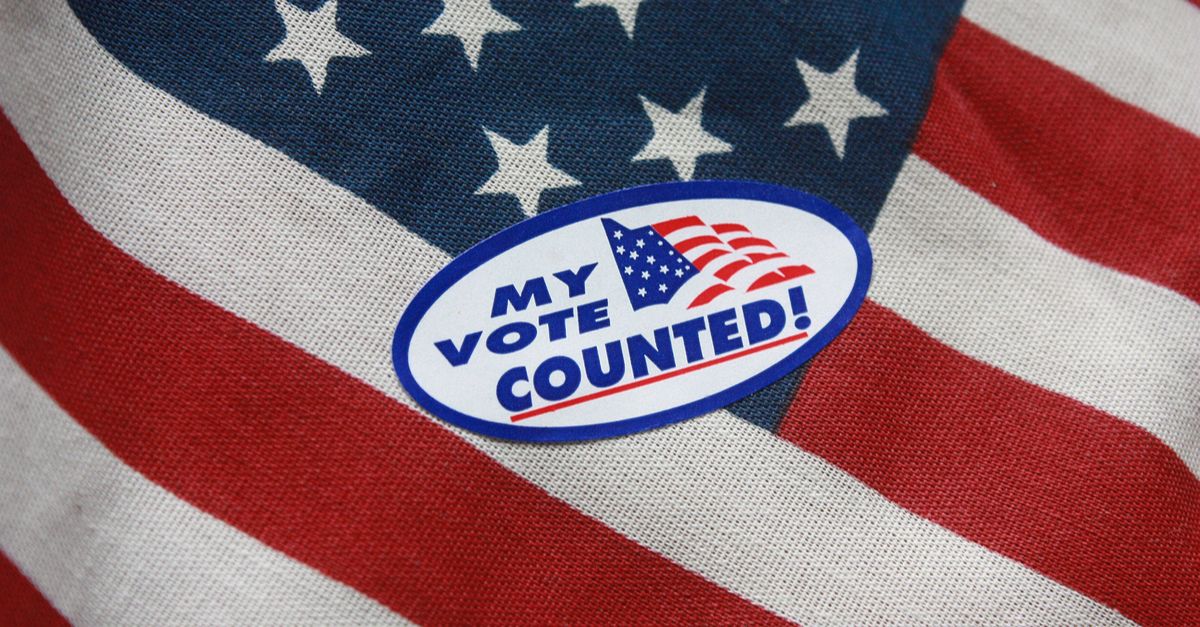The group Americans Take Action made the news in early January 2017 with their announcement that, having been unsuccessful in their efforts to urge Republican electors to reject Donald Trump and vote for "a more qualified president," they were seeking to invalidate the results of the Electoral College vote because "more than 50 electors were ineligible":
More than 50 Electoral College members who voted for Donald Trump were ineligible to serve as presidential electors because they did not live in the congressional districts they represented or held elective office in states legally barring dual officeholders.
That stunning finding is among the conclusions of an extensive 1,000-plus page legal briefing prepared by a bipartisan nationwide legal team for members of Congress who are being urged to object to certifying the 2016 Electoral College results.
“Trump’s ascension to the presidency is completely illegitimate,” said Ryan Clayton of Americans Take Action, who is promoting the effort. “It’s not just Russians hacking our democracy. It’s not just voter suppression at unprecedented levels. It is also [that] there are Republicans illegally casting ballots in the Electoral College, and in a sufficient number that the results of the Electoral College proceedings are illegitimate as well.”
The lengthy documentation offered by Americans Take Action argues (among other things) that some electors lived outside the congressional districts they represented (in violation of state requirements, that some electors also held state or local offices (in violation of state requirements that they not hold multiple offices), and that some states did not provide "two distinct lists of votes" (one for President and one for Vice President) as required by the U.S. Constitution.
Critics contend that none of these arguments is particularly persuasive, holding that the Constitution grants state legislatures the power to appoint electors in any manner of their choosing, that serving as an elector does not constitute "holding an office" (and that, in any case, electors have long been drawn from the ranks of elected officials without objection), and that the formality of submitting dual lists is one that has long been (in the words of Shakespeare) "more honored in the breach than the observance."
Nonetheless, Clayton hopes that when the Congress meets in joint session to count the electoral votes on 6 January 2017, "sufficient numbers of Republicans in Congress will not vote to ratify the Electoral College results, thus depriving Trump of the 270 Electoral College votes he needs to win the presidency."
But as the referenced legal briefing notes, only two objections have ever been properly raised in Congress under the provisions of the Electoral Count Act of 1887, and both were overruled. The chances that Republicans in the House and Senate are going to uphold dozens of different objections (based on premises they have no time to investigate) and vote against certifying the election of a Republican candidate as President of the United States are, to most observers, very slim indeed.
